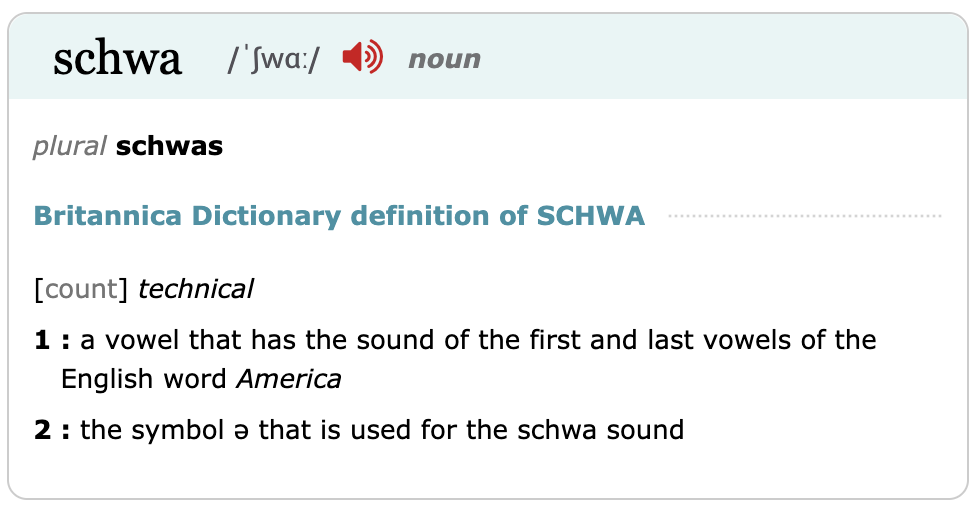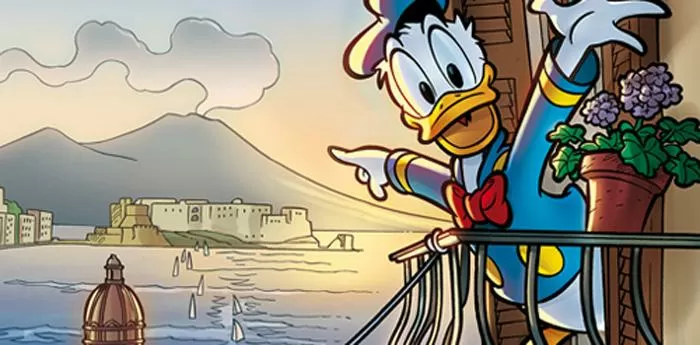So, the little boy went to bELgAv (बेळगाव), karnATak (कर्नाटक ).
This time, he learned from the local kAnADI (कानाडी) speakers that he was not in bELgAv (बेळगाव) but in beLagAvi (ಬೆಳಗಾವಿ), and that it was not in karnATak (कर्नाटक ) but in karnATaka (ಕರ್ನಾಟಕ). The kindly beLagAvi (ಬೆಳಗಾವಿ)-ians urged the little boy to go visit other cities in karnATaka (ಕರ್ನಾಟಕ).
So, the little boy decided to go to bengaLUru (ಬೆಂಗಳೂರು), karnATaka (ಕರ್ನಾಟಕ).
bengaLUru (ಬೆಂಗಳೂರು). The Garden City. India's Silicon Valley. When the little boy stopped to buy a water bottle at a modest kirANi angaDi (grocery store), he asked the friendly shopkeeper how to say "water bottle" in kAnADI (कानाडी). The mArwADI (मारवाड़ी ) shopkeeper quickly answered: "कन्नड़ गोत्तिल्ला (kannaD gottillA)". Armed with the new knowledge that kAnADI (कानाडी) was called कन्नड़ (kannaD), he tried using it on a local bengaLUrian. Unfortunately, the little boy was subject to ruthless censure. "It is NOT कन्नड़ (kannaD)!", boomed the bengalUrian, "If you can't learn our language, at least learn to say it's name right!". The poor boy countered with a "I'm so sorry! The right name is kAnADI (कानाडी), right?". It had to be, he thought, if it isn't B, then it has to be A! Alas, this time he was met with heightened censure. "How dare you!", thundered the angry bengaLUrian, "It's kannaDa (ಕನ್ನಡ)! kan..na..DAAAaaaaa! How would you feel if I said hind (हिंद) instead of hindI (हिंदी)!". The little boy said he wasn't sure he he was supposed to feel. "Okay...", the bengaLUrian faltered a little this time, "how about... how about if I said... um... tamiL (ತಮಿಳ್) instead of tamiLU (ತಮಿಳು)!"
The little boy soon came to realize that bengalUrians called his beloved shrI rAm (श्री राम) rAma (ರಾಮ), and his favorite story, the mahAbhArat (महाभारत), was called the mahAbhArata (ಮಹಾಭಾರತ) here. But if that was the case, why did his folks back north not say hind (हिंद) instead of hindI (हिंदी)? Also, how come the bengalUrians said his friend amit (अमित)'s name correctly without changing it to amita (ಅಮಿತ)? And which one was right, tamiL (ತಮಿಳ್) or tamiLU (ತಮಿಳು)? In a super confused state, the little boy decided to visit a city that spoke tamiL (ತಮಿಳ್). Or tamiLU (ತಮಿಳು). He made a quick phone call home and asked his puNErI dad for recommendations. "chEnnAi (चेन्नाई)! It's in tAmiLnAD (तामिळनाड)", he said immediately.
So, the little boy went to chEnnAi (चेन्नाई), tAmiLnAD (तामिळनाड).
It wasn't long before the little boy learned that he was in chennai (சென்னை), not chEnnAi (चेन्नाई). A particularly pious lady, whom he met at a temple, also advised him on the correct pronunciation of the language of the city. "tamizh (தமிழ்)!", she said.
The little boy was last spotted at a road side eatery somewhere on OMR (Old Mahabalipuram Road) eating "Gopi 65" (the "kogulized" version of gObhi (गोभी) 65), trying to pronounce zha (ழ).








